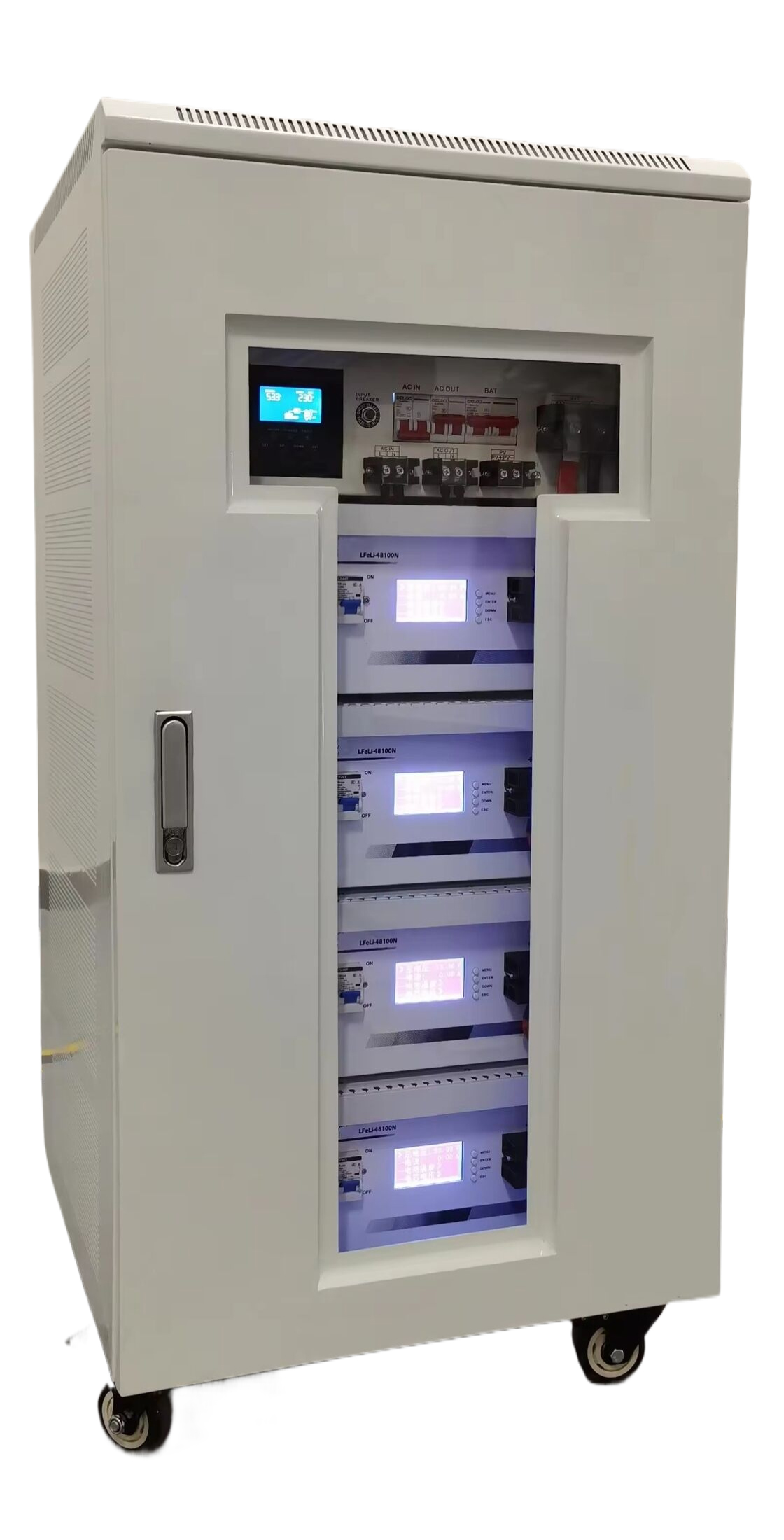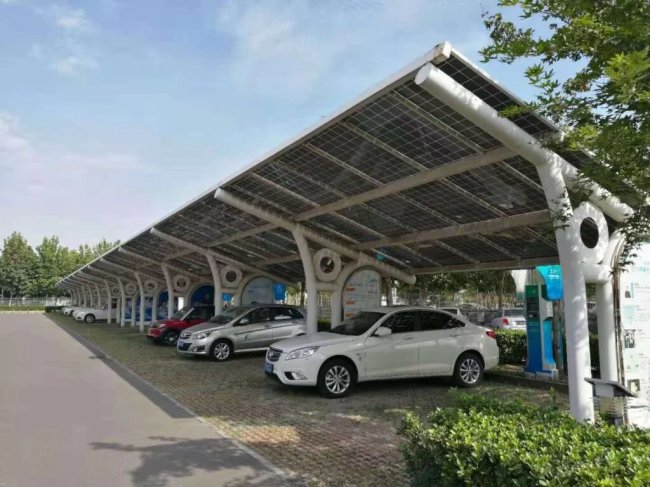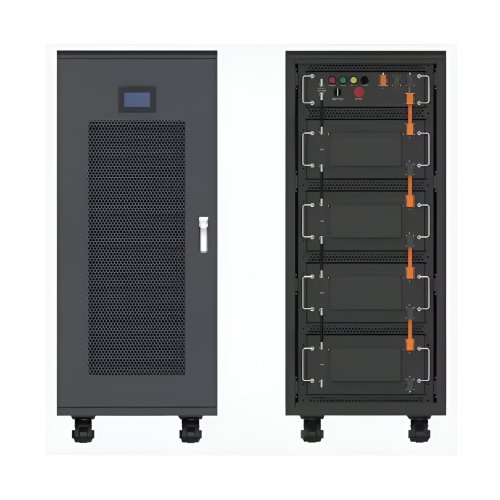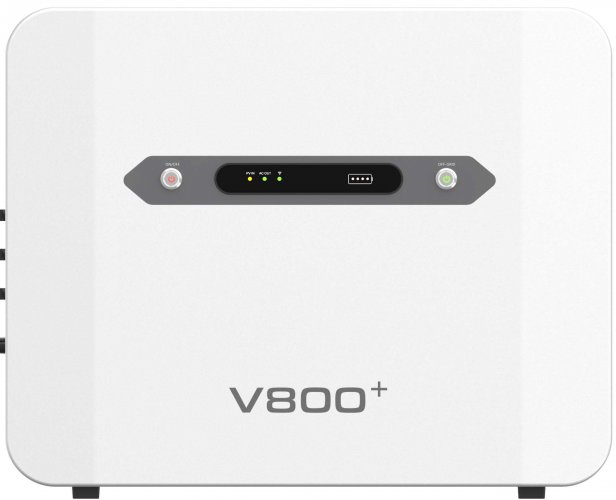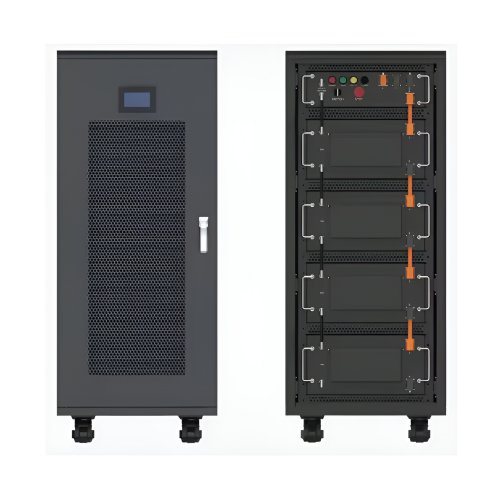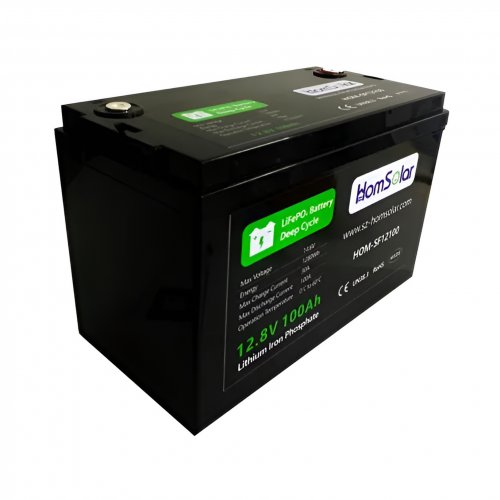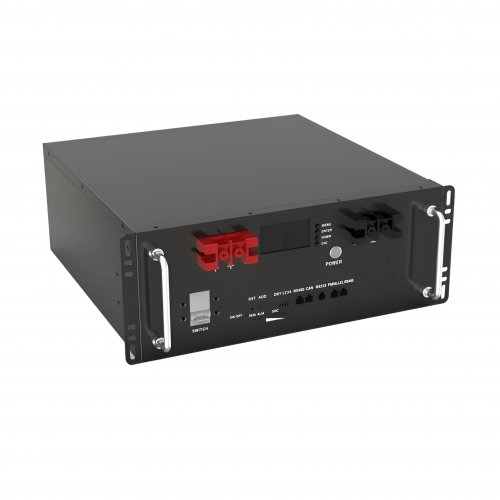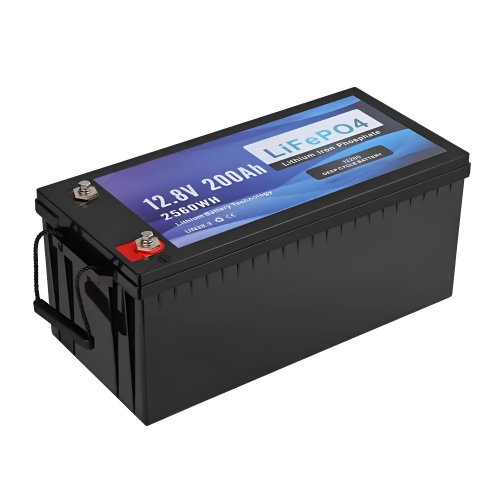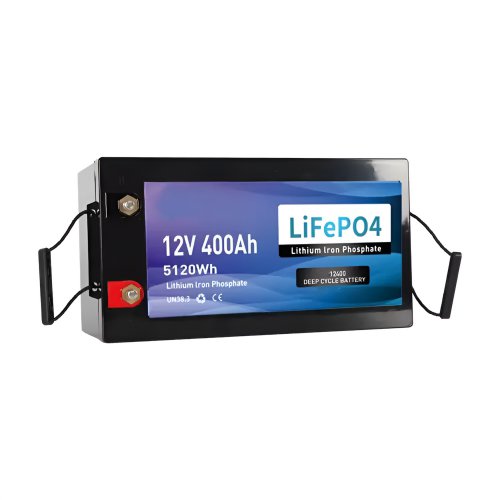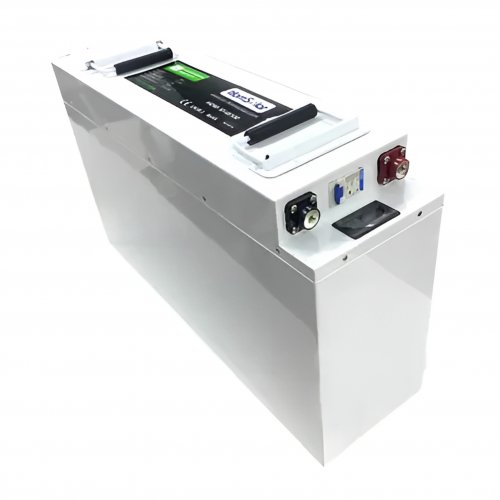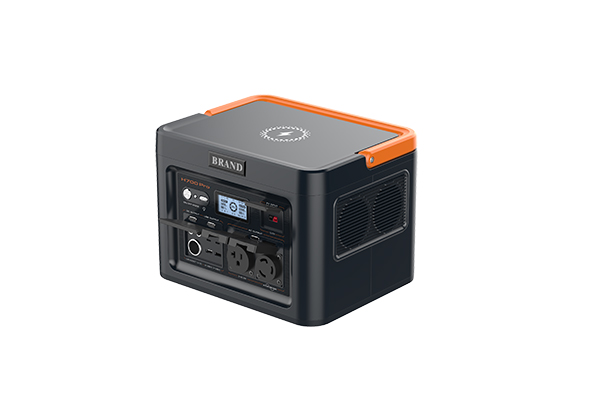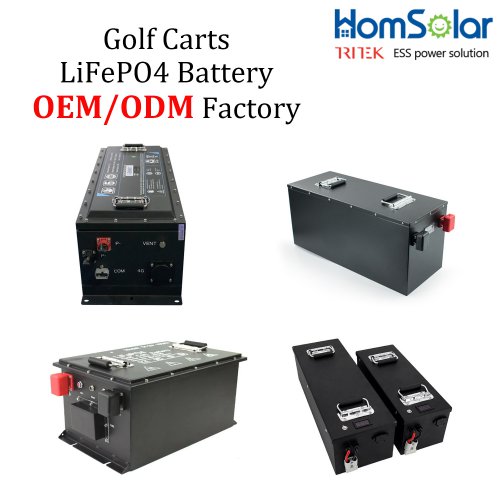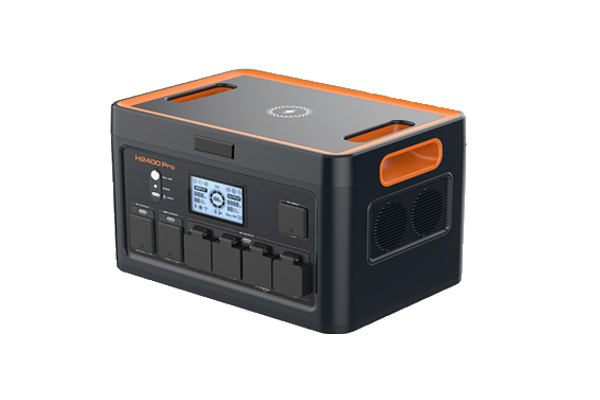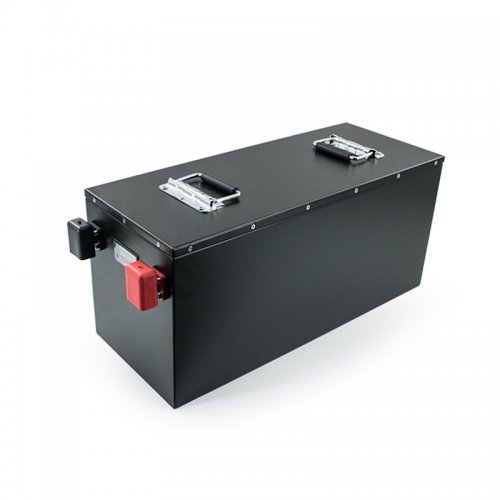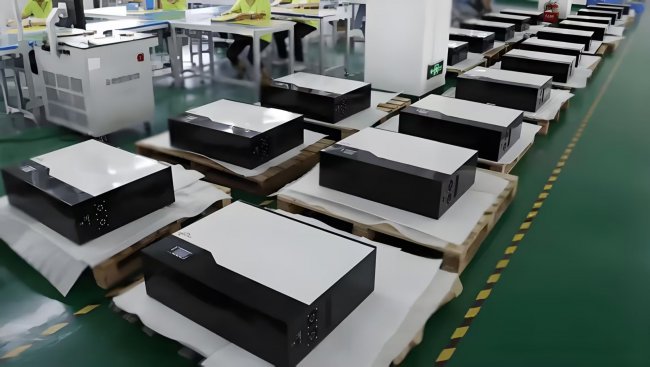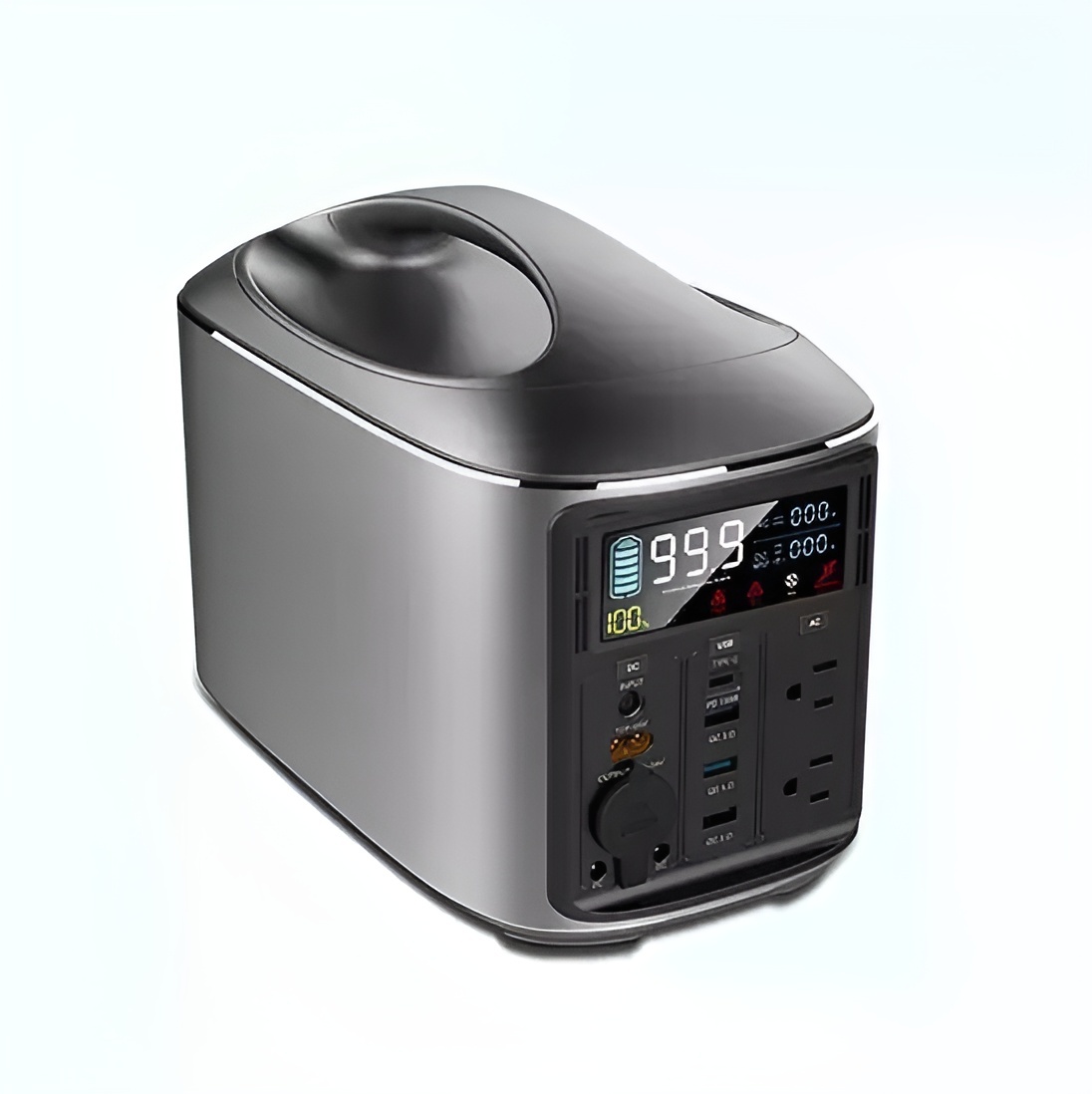Battery Production News: Surging Demand And Innovation Reshape The Global Market
The global battery production industry is undergoing a transformative phase, driven by the rapid expansion of electric vehicles (EVs), renewable energy storage, and consumer electronics. With governments and corporations committing to net-zero emissions, the demand for high-performance, sustainable batteries has never been higher. This article explores the latest industry developments, emerging trends, and expert insights shaping the future of battery production.
Recent months have seen significant investments in battery manufacturing capacity worldwide. In North America, the U.S. Inflation Reduction Act (IRA) has spurred a wave of new gigafactory announcements, with companies like Tesla, Panasonic, and LG Energy Solution expanding their production footprints. Meanwhile, Europe is accelerating its push for localized battery supply chains, with Sweden’s Northvolt and Germany’s CATL-backed plants leading the charge.
Asia remains the dominant force in battery production, with China accounting for over 70% of global lithium-ion battery output. However, geopolitical tensions and supply chain vulnerabilities have prompted other regions to reduce reliance on Chinese suppliers. South Korea’s Samsung SDI and SK Innovation are ramping up production in Hungary and the U.S., while Japan’s Toyota is investing heavily in solid-state battery technology.
1. Shift Toward Sustainable Materials Environmental concerns are pushing manufacturers to adopt greener production methods. Recycling initiatives, such as Redwood Materials’ closed-loop systems, are gaining traction, reducing dependency on mined raw materials. Additionally, sodium-ion batteries are emerging as a cost-effective and eco-friendly alternative to lithium-ion, particularly for stationary storage applications.
2. Advancements in Solid-State Batteries Solid-state batteries, promising higher energy density and faster charging, are nearing commercialization. Toyota plans to launch EVs with solid-state batteries by 2027, while QuantumScape and Solid Power are making strides in scaling production. If successful, this technology could revolutionize EV range and safety.
3. Geopolitical Reshoring Efforts The U.S. and EU are incentivizing domestic battery production to secure supply chains. The European Battery Alliance aims to achieve 90% self-sufficiency by 2030, while the U.S. Department of Energy is funding projects to strengthen raw material processing and cell manufacturing.
4. Rising Costs and Supply Chain Challenges Despite growth, the industry faces headwinds, including volatile lithium prices and shortages of critical minerals like cobalt and nickel. Experts warn that without diversified sourcing, production bottlenecks could slow the EV transition.
Dr. Elena Miller, a senior analyst at BloombergNEF, notes,"The battery industry is at an inflection point. While demand is skyrocketing, manufacturers must balance scalability with sustainability. Recycling and alternative chemistries will be pivotal in meeting long-term goals."John Carlson, CEO of a leading battery materials firm, adds,"Geopolitical risks are reshaping supply chains. Companies that invest in localized production and innovative materials will have a competitive edge."Meanwhile, Dr. Hiroshi Tanaka, a solid-state battery researcher, cautions,"Scaling new technologies like solid-state requires significant capital and collaboration. The next five years will determine whether these breakthroughs can move beyond the lab."
The battery production sector is poised for exponential growth, but challenges remain. As innovation accelerates, stakeholders must navigate material shortages, geopolitical tensions, and environmental regulations. The winners in this high-stakes race will be those who prioritize efficiency, sustainability, and strategic partnerships.
With governments and industries aligning toward a cleaner energy future, battery production will remain a cornerstone of the global economy—powering everything from cars to grids. The coming decade will undoubtedly redefine how batteries are made, used, and recycled.
Stay tuned for further updates as the industry evolves.
Customized/OEM/ODM Service
HomSolar Supports Lifepo4 battery pack customization/OEM/ODM service, welcome to contact us and tell us your needs.


HomSolar: Your One-stop LiFePO4 Battery Pack & ESS Solution Manufacturer
Our line of LiFePO4 (LFP) batteries offer a solution to demanding applications that require a lighter weight, longer life, and higher capacity battery. Features include advanced battery management systems (BMS), Bluetooth® communication and active intelligent monitoring.

Customised Lithium Iron Phosphate Battery Casing
ABS plastic housing, aluminium housing, stainless steel housing and iron housing are available, and can also be designed and customised according to your needs.

HomSolar Smart BMS
Intelligent Battery Management System for HomSolar Energy Storage System. Bluetooth, temperature sensor, LCD display, CAN interface, UART interface also available.


Terminals & Plugs Can Be Customized
A wide range of terminals and plugs can be customised to suit the application needs of your battery products.

Well-designed Solutions for Energy Storage Systems
We will design the perfect energy storage system solution according to your needs, so that you can easily solve the specific industry applications of battery products.



About Our Battery Cells
Our energy storage system products use brand new grade A LiFePO4 cells with a battery lifespan of more than 4,000 charge/discharge cycles.



Applications in Different Industries
We supply customized & OEM battery pack, assemble cells with wiring, fuse and plastic cover, all the cell wires connected to PCB plug or built BMS.
Applications: E-bike, Electric Scooter, Golf Carts, RV, Electric Wheelchair, Electric Tools, Robot Cleaner, Robot Sweeper, Solar Energy Storage System, Emergency Light, Solar Power Light, Medical Equipment, UPS Backup Power Supply.
We can provide you with customized services. We have the ability to provide a vertical supply chain, from single cells to pack/module and to a complete power solution with BMS, etc.


HomSolar (Shenzhen) Technology Co., Ltd







